-
Learning Beyond the Classroom: Reflections from the Himalayas
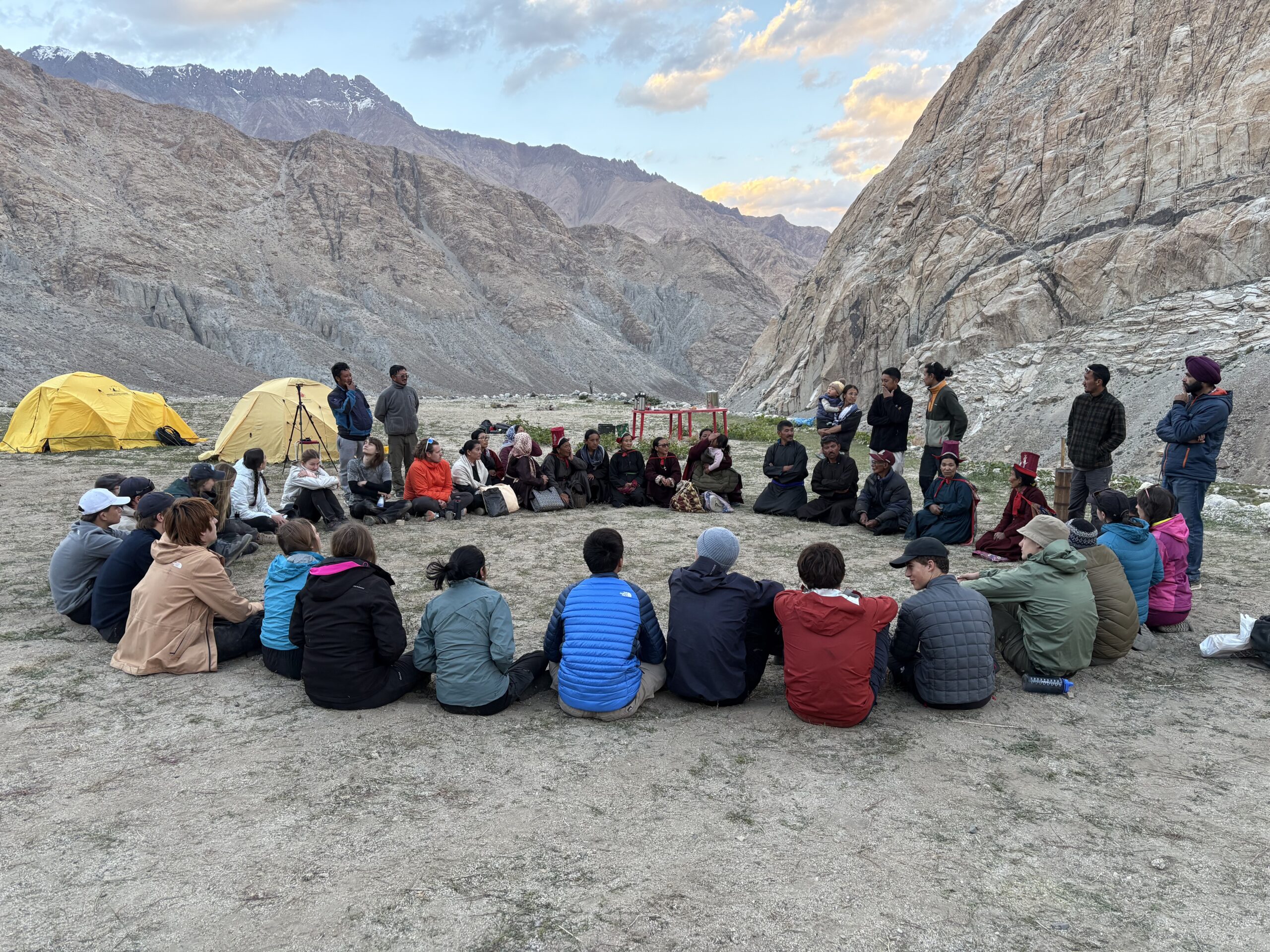
This September, I had the privilege of spending nine days in the Himalayas with nineteen ISZL students and three teachers as part of our Personal Development Week (PDW). What unfolded was not simply a trip, but a journey into history, culture, resilience, and, above all, human connection. From walking the ancient trails of the Silk…
-
Fourteen Years of Life, Love, and Lessons

For fourteen years, Vida filled our lives with joy, loyalty, and love. She taught us to live in the moment, to love without judgment, and to greet each day with joy. While her leash now hangs empty, her presence and lessons remain forever in our hearts.
-
The Privilege of Letting Go
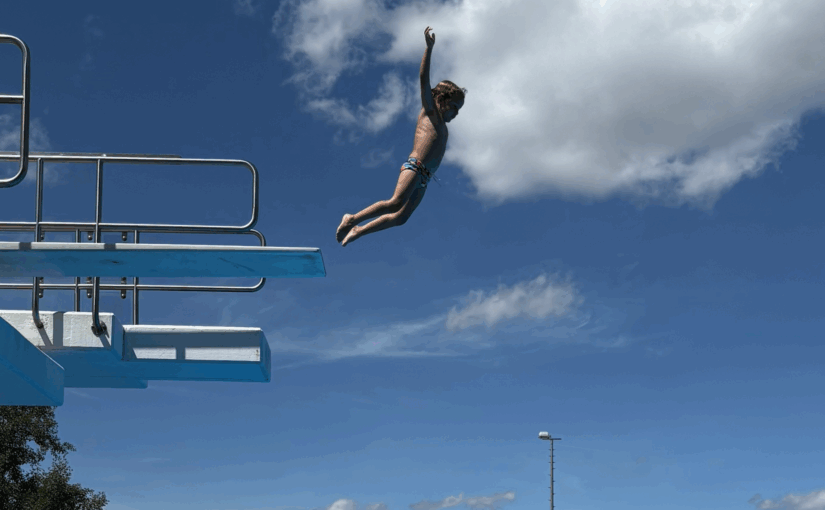
Parenting and teaching are acts of deep care and quiet courage. As a new school year begins, the privilege of walking beside young people comes into focus, along with the quiet strength it takes to let go, trust, and hope. Each step forward marks a leap toward growth, independence, and becoming.
-
Celebrating International Mother Language Day

At ISZL, language is more than communication—it is a bridge to identity, culture, and understanding. Multilingualism enhances cognitive development, problem-solving skills, and memory. Learning in one’s mother tongue fosters deeper comprehension and academic success, supporting additional language acquisition. Language plays a crucial role in shaping experiences and interactions in our diverse and multilingual community. ISZL…
-
A Hanbok, a Friendship, and a Cultural Connection

I am grateful to be part of a community where our daughter comes home from school, inspired by her friends and teachers, eager to celebrate Lunar New Year. Yesterday, she reminded us of its importance and asked us to wear the beautiful hanbok her Korean classmate gifted her last year—a heartwarming reminder of the connections…
-
Youth Forum Switzerland
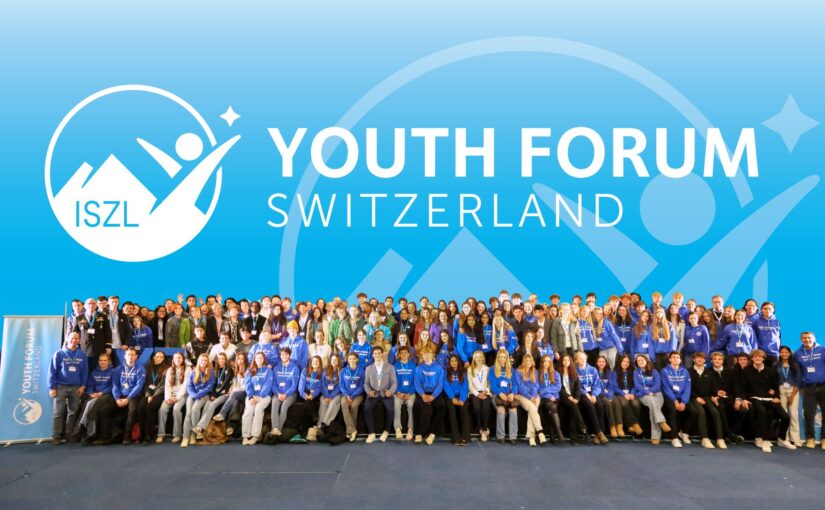
Youth Forum Switzerland (YFS) 2025 at International School of Zug and Luzern (ISZL): We are filled with gratitude and pride for the 8th edition of YFS, an event that has truly embodied the power of youth to inspire change. YFS is a landmark event that amplifies youth voices and highlights their power to effect meaningful…
-
Culture of Care and Connection
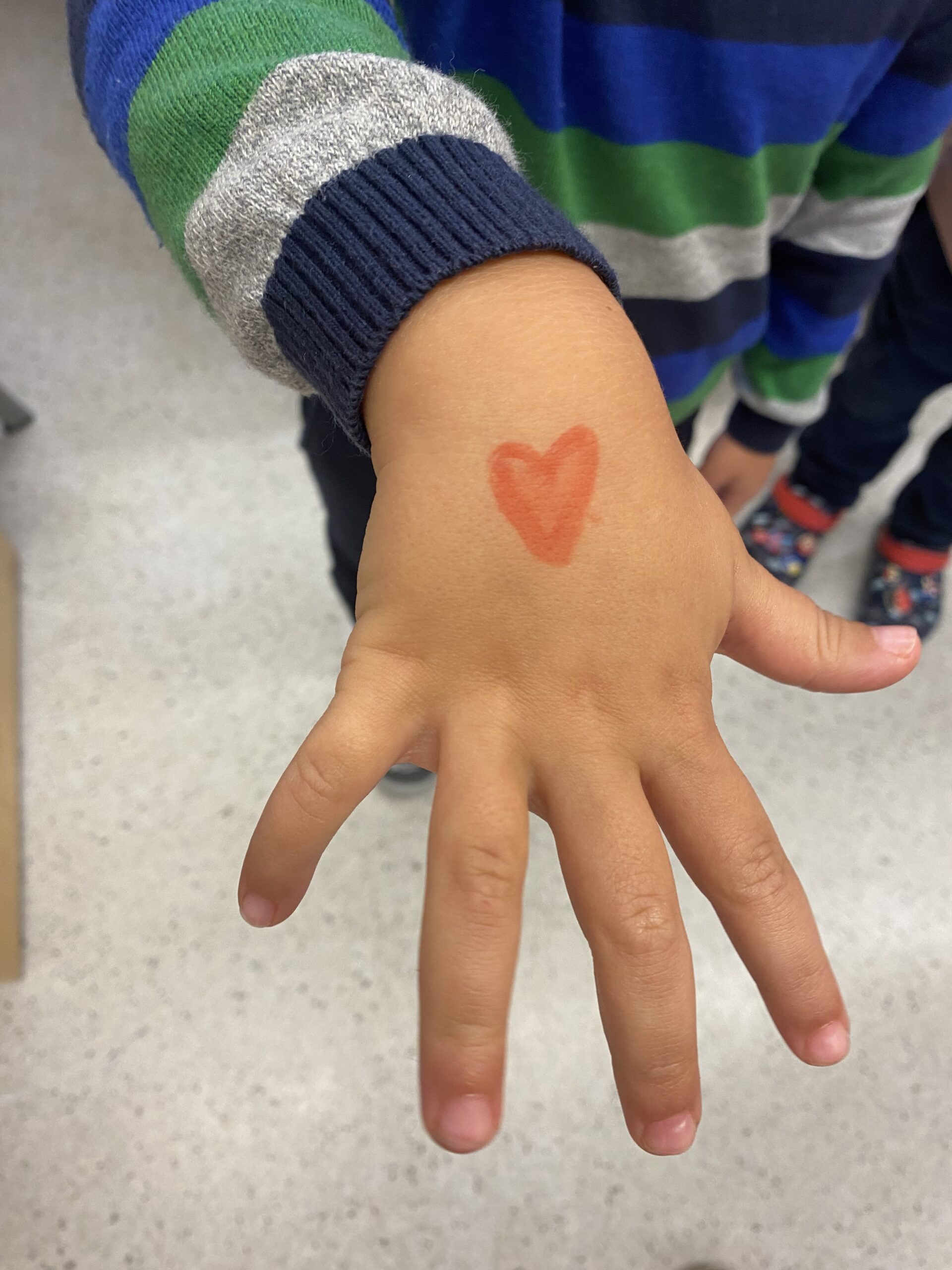
Our morning routines are filled with grounding rituals that set the stage for the day ahead. While these routines are important for us as adults, they are especially critical for children, playing a key role in their emotional and developmental well-being. Among my favourite moments each morning – and I confess that I am a…
-
The Transformative Power of Stories
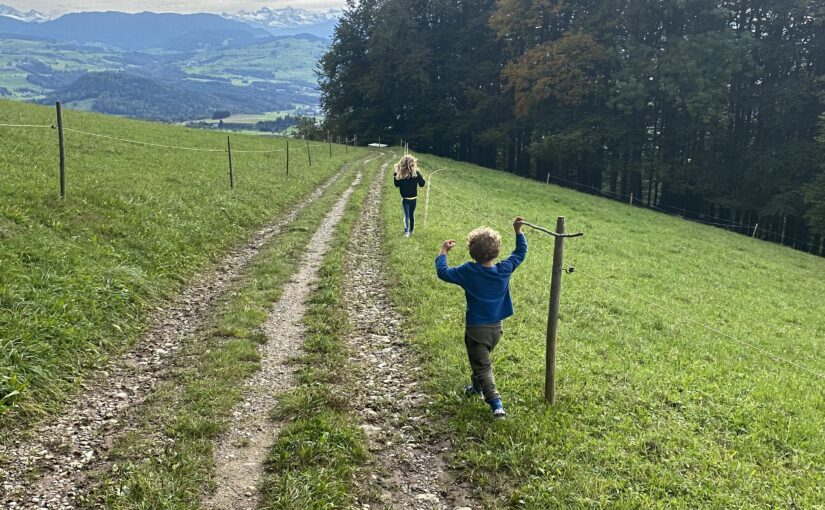
Over the past two weeks, I have had the privilege of reading to several classes as part of our ISZL Reads community initiative. Sitting with students, exploring stories together, and witnessing their reactions has been, as always, a profoundly moving experience. It is a reminder that the power of stories extends far beyond the words…
-
Our Strategic Direction
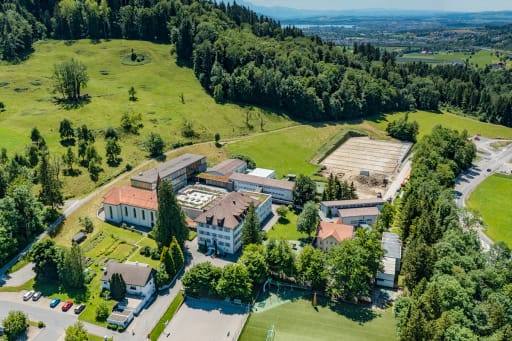
We remain dedicated to advancing ISZL with a clear and purposeful focus, driven by our Mission and Vision, which are central to everything we do. These core principles shape our Objectives and Key Results (OKR) strategy, enabling us to adapt swiftly to rapid changes in technology, education, and society. Developed through community feedback last year, here is an overview…
-
A Season of Gratitude and Light
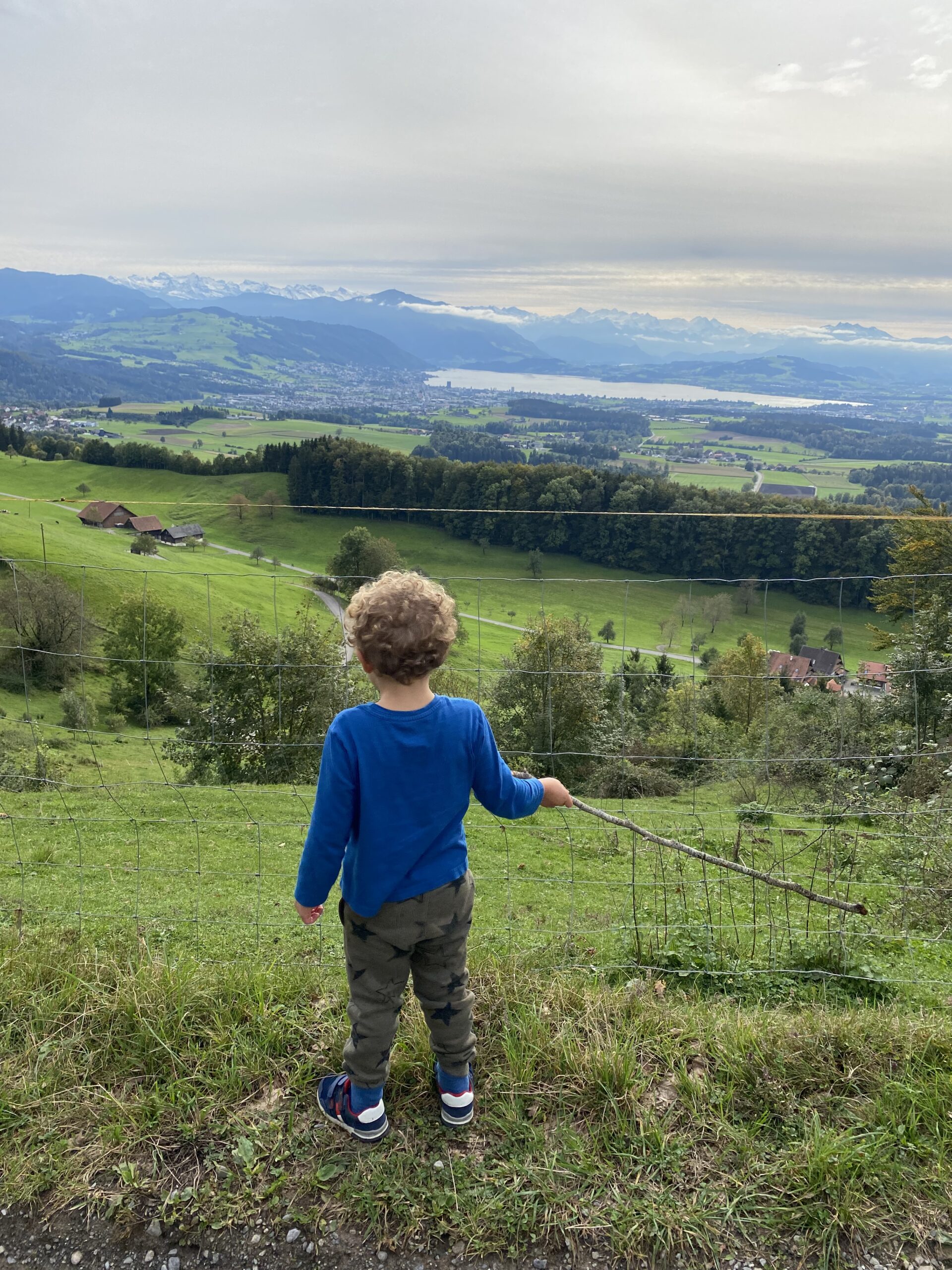
Celebrating Our Global Community Our students, parents, and staff bring an extraordinary range of celebrations, from Chuseok in Korea and the Mid-Autumn Festival in China, to Thanksgiving, Christmas, Erntedankfest, Räbeliechtli-Umzug, Kwanzaa, and Sukkot in Europe, Africa, and North America, among others. Each tradition is an opportunity to honour and celebrate our ISZL community. As we…